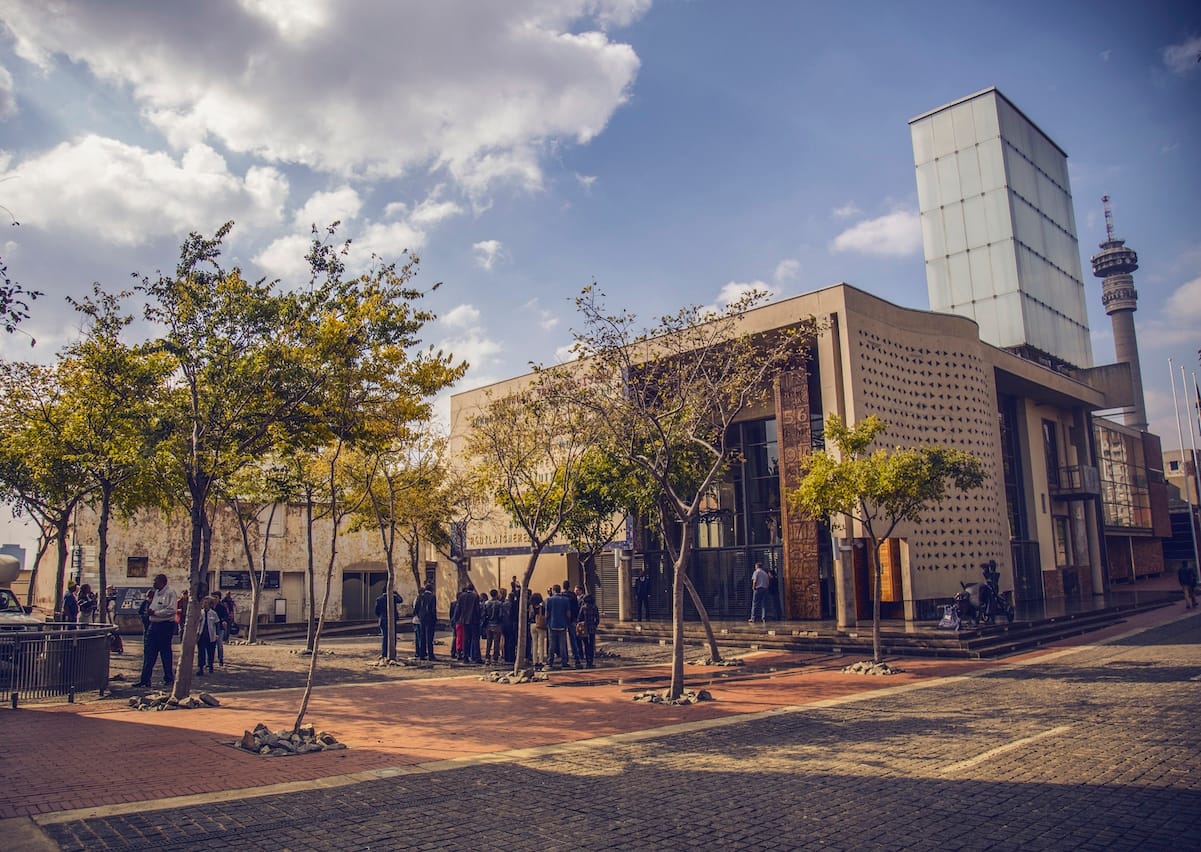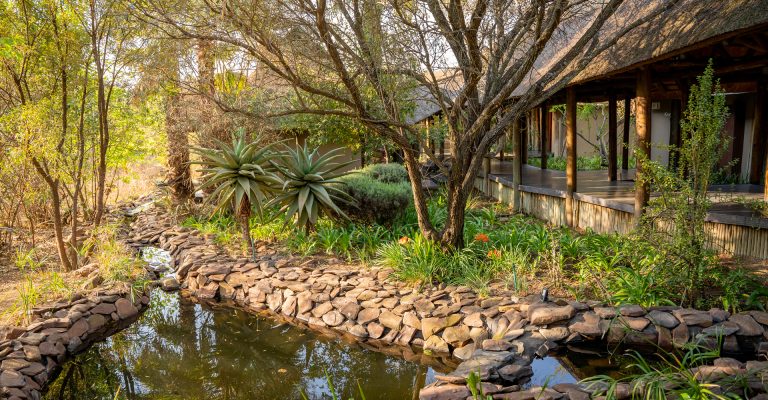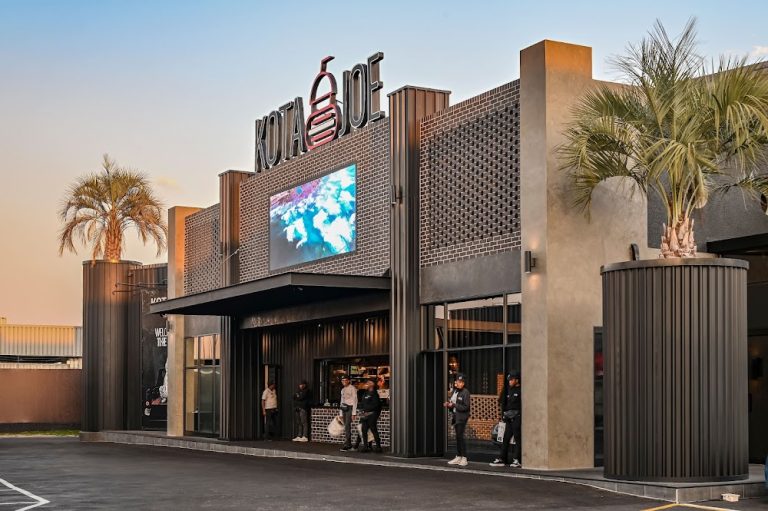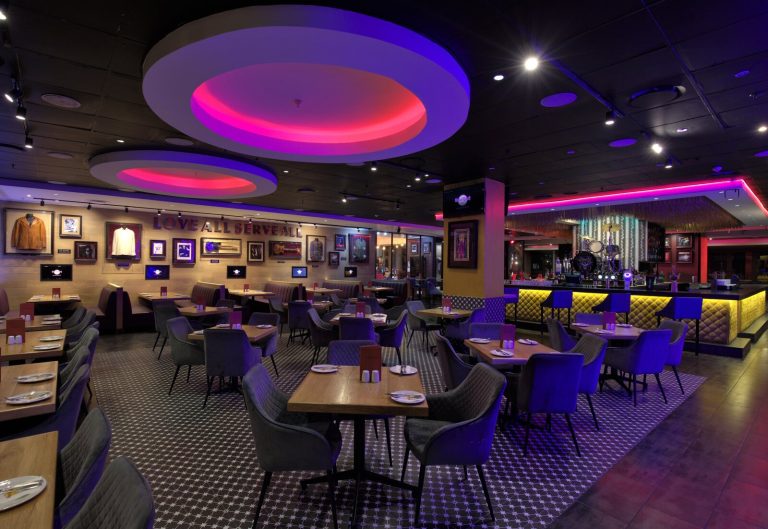There is perhaps no other site of incarceration in South Africa that imprisoned the sheer number of world-renowned men and women as those held within the walls of Constitution Hill’s Old Fort, Women’s Jail and Number Four. Nelson Mandela. Mahatma Gandhi. Joe Slovo. Albertina Sisulu. Winnie Madikizela-Mandela. Fatima Meer. They all served time here, but the precinct also confined tens of thousands of ordinary people during its 100-year history. They were men and women of all races, creeds, ages and political agendas; children too, the everyman and the elite. In this way, the history of every South African lives here.
Constitution Hill is a living museum that tells the story of South Africa’s journey to democracy. The site is a former prison and military fort that bears testament to South Africa’s turbulent past and, today, is home to the country’s Constitutional Court, which endorses the rights of all citizens.
Situated in the heart of Johannesburg, Constitution Hill is a living museum that tells the story of South Africa’s transition from colonialism and apartheid to democracy, with all the pain, pathos and catharsis that such a journey entails.
The site served as a prison and briefly as a military fort for 100 years, incarcerating men, women and even children within its walls. Its long-standing history of incarceration and abuse is today laid bare for all to see (which you can do with a personal guide). The sites of these museums – the Old Fort, the Women’s Jail and Number Four – are juxtaposed against profound symbols of human rights, democracy and constitutionalism, making the site a place of remembrance and redemption.
The most powerful of these is South Africa’s Constitutional Court, the highest court in the land, which can be found within the Constitution Hill precinct and which is open to the public. Constitution Hill also regularly hosts programmes and events on issues relating to constitutionalism in order to make these discussions easily available to South Africa’s citizens and visitors.














